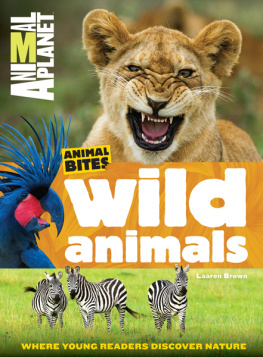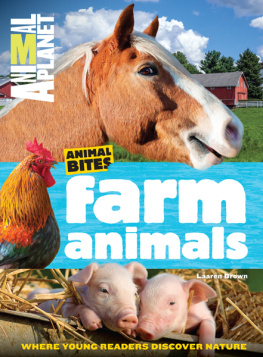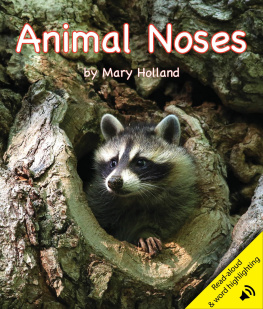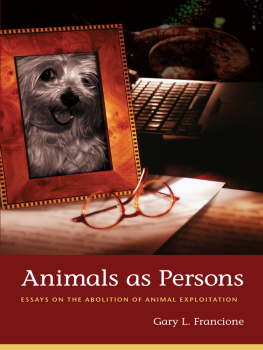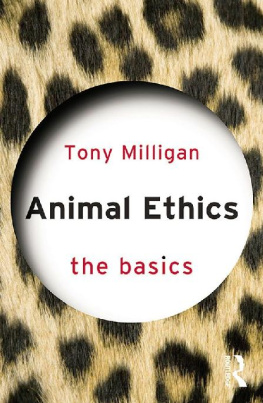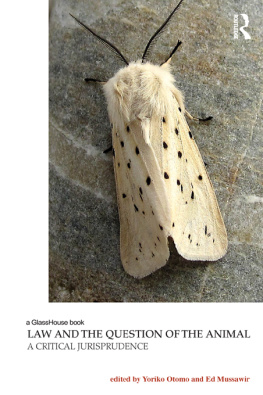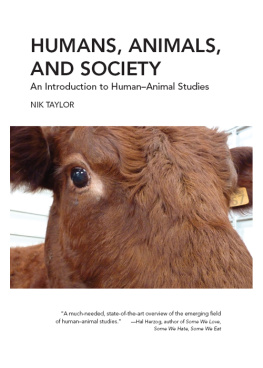Animal Subjects 2.0
Environmental Humanities Series
Environmental thought pursues with renewed urgency the grand concerns of the humanities: who we think we are, how we relate to others, and how we live in the world. Scholarship in the environmental humanities explores these questions by crossing the lines that separate human from animal, social from material, and objects and bodies from techno-ecological networks. Humanistic accounts of political representation and ethical recognition are re-examined in consideration of other species. Social identities are studied in relation to conceptions of the natural, the animal, the bodily, place, space, landscape, risk, and technology, and in relation to the material distribution and contestation of environmental hazards and pleasures.
The Environmental Humanities Series features research that adopts and adapts the methods of the humanities to clarify the cultural meanings associated with environmental debate. The scope of the series is broad. Film, literature, television, Web-based media, visual art, and physical landscapeall are crucial sites for exploring how ecological relationships and identities are lived and imagined. The Environmental Humanities Series publishes scholarly monographs and essay collections in environmental cultural studies, including popular culture, film, media, and visual cultures; environmental literary criticism; cultural geography; environmental philosophy, ethics, and religious studies; and other cross-disciplinary research that probes what it means to be human, animal, and technological in an ecological world.
Gathering research and writing in environmental philosophy, ethics, cultural studies, and literature under a single umbrella, the series aims to make visible the contributions of humanities research to environmental studies, and to foster discussion that challenges and reconceptualizes the humanities.
Series editor:
Cheryl Lousley, English and Film Studies, Wilfrid Laurier University
Editorial committee:
Adrian J. Ivakhiv, Environmental Studies, University of Vermont Catriona Mortimer-Sandilands, Tier 1 CRC in Sustainability and Culture, Environmental Studies, York University
Susie OBrien, English and Cultural Studies, McMaster University
Laurie Ricou, English, University of British Columbia
Rob Shields, Henry Marshall Tory Chair and Professor, Department of Sociology, University of Alberta
Animal Subjects 2.0
Jodey CastriCano and Lauren Corman, editors


Wilfrid Laurier University Press acknowledges the support of the Canada Council for the Arts for our publishing program. We acknowledge the financial support of the Government of Canada through the Canada Book Fund for its publishing activities. This work was supported by the Research Support Fund.

Library and Archives Canada Cataloguing in Publication
Animal subjects 2.0 / Jodey Castricano and Lauren Corman, editors.
(Environmental humanities)
Includes bibliographical references and index.
Issued in print and electronic formats.
ISBN 978-1-77112-210-8 (paperback).ISBN 978-1-77112-211-5 (pdf).ISBN 978-1-77112-212-2 (epub)
1. Animal rights. 2. Animal welfare. 3. Animal welfareMoral and ethical aspects. 4. Humananimal relationships. I. Castricano, Jodey, [date], author, editor II. Corman, Lauren, [date], author, editor III. Series: Environmental humanities
HV4708.A62 2016 179'.3 C2016-902904-2
C2016-902905-0
Cover design by Blakeley Words+Pictures. Front-cover image by Zokru/iStock.
Text design by Janette Thompson (Jansom).
2016 Wilfrid Laurier University Press
Waterloo, Ontario, Canada
www.wlupress.wlu.ca
, Vegans for Vick, appeared originally, in slightly different form, in International Journal of Communication 7, no. 1 (2013): 780800.
This book is printed on FSC certified paper and is certified Ecologo. It contains post-consumer fibre, is processed chlorine free, and is manufactured using biogas energy.
Printed in Canada
Every reasonable effort has been made to acquire permission for copyright material used in this text, and to acknowledge all such indebtedness accurately. Any errors and omissions called to the publishers attention will be corrected in future printings.
No part of this publication may be reproduced, stored in a retrieval system, or transmitted, in any form or by any means, without the prior written consent of the publisher or a licence from the Canadian Copyright Licensing Agency (Access Copyright). For an Access Copyright licence, visit http://www.accesscopyright.ca or call toll free to 1-800-893-5777.
For Felix and Harley, who were with me the first time around
Jodey Castricano
For Frank (20082016), the most loving cat, whose survival was remarkably entwined with my own
Lauren Corman
Acknowledgements
This collection had its beginnings in an enthusiastic conversation that I had many years ago in a coffee shop on Commercial Drive in Vancouver, BC, with Lisa Quinn, who was then the acquisitions editor at WLU Press. Based on the success of the previous collection, Animal Subjects: An Ethical Reader in a Posthuman World (2008), Lisa agreed that a second collection, focused on new developments in the field of Critical Animal Studies, was a good idea. The next step was to contact my colleague Lauren Corman, of Brock University, and invite her to share in an co-editorial journey that over the years taught us much about collaboration, negotiation, differences, compromises, and agreements as well as about ourselves as colleagues and friends engaged in the work of animal advocacy.
I continue to believe strongly in this work and want to extend my gratitude to those who encouraged it and contributed to the making of the present collection. I wish first to acknowledge the financial support from the Faculty of Creative and Critical Studies at UBC Okanagan in the form of a Book Publication Grant. Thanks also to Lisa Quinn, who, since becoming Director of WLUP, continued to offer leadership in and encouragement for this project while at the same time executing a smooth hand-off of the tiller to Siobhan McMenemy, the incoming acquisitions editor, who kept the work on course even during rough passages. Nearer the end of the journey, Kel Pero earned our immense gratitude for the precision of her editorial eye, to say nothing of her wicked humour. Lastly, thanks go to Rob Kohlmeier, Managing Editor at WLUP, who took over the helm in the final stages of production and steered us into harbour.
Thanks go always to the contributors to this volume, all of whom responded positively to the call for essays and who never missed a beat where revisions and deadlines were concerned. Their contributions are the heart of this collection and I am honoured to have worked on this project with committed scholars, writers, activists, and thinkers whose commitment to animal advocacy serves as a beacon of hope in world where the exploitation of animals routinely and ubiquitously occurs and where we all, at times, feel our interventions are not enough. Still, we keep on and I am grateful for the solidarity within this growing community, especially where it includes those featured in this collection, behind it in production, and beyond it from those whose works and interventions continue to inspire me: Carol Gigliotti, David L. Clark, Rasmus Simonsen, Dana Rilke, Zipporah Weisberg, Harold Brown, Greta Gaard, Carol J. Adams, Julie Andreyev, and so many others.
Next page

